What does it mean to become a man in this world?
Adolescence is a jaw-dropping depiction of a male child on the rickety suspension bridge to adulthood, buffeted by gaming, peer pressure, and social media. Into this storm arrives The Passenger Seat.

“Young men are isolated. They’re grappling with their masculinity and with their broader place in society. They spend more time online searching for direction and are falling into unhealthy alternatives like gaming, gambling and pornography.”
So said former England football manager Sir Gareth Southgate, in his Richard Dimbleby lecture for the BBC in March, in which he argued that father figures were being replaced by toxic online influencers.
The four-part Netflix series, Adolescence, which surely sent a tremor through the world’s parents, makes the same point. It is a jaw-dropping rendition of a male child on the rickety suspension bridge to adulthood, buffeted by the insane demands of peer pressure and social media – and its attendant self-loathing.
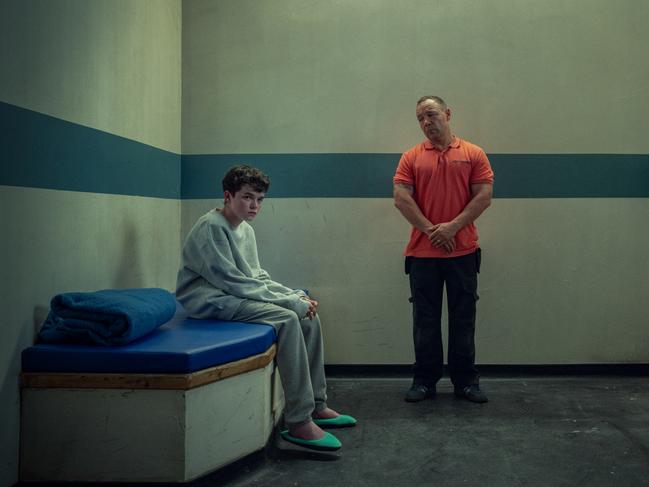
Into this storm arrives The Passenger Seat, Vijay Khurana’s debut novel, a harrowing boy-to-man journey, riven with testosterone-fuelled jostling (who will take the passenger seat, and who the driver?) pointless violence and the absence of consequential thinking.
It, too, arrives like a cork on a global cultural wave re-examining the teenage male dynamic, it’s landscape this growingly familiar boy-to-man zone, opening with teenage friends Adam and Teddy jumping off a bridge and into a river pool, flirting with mortality, testing each other’s courage, divining the pecking order in their relationship.
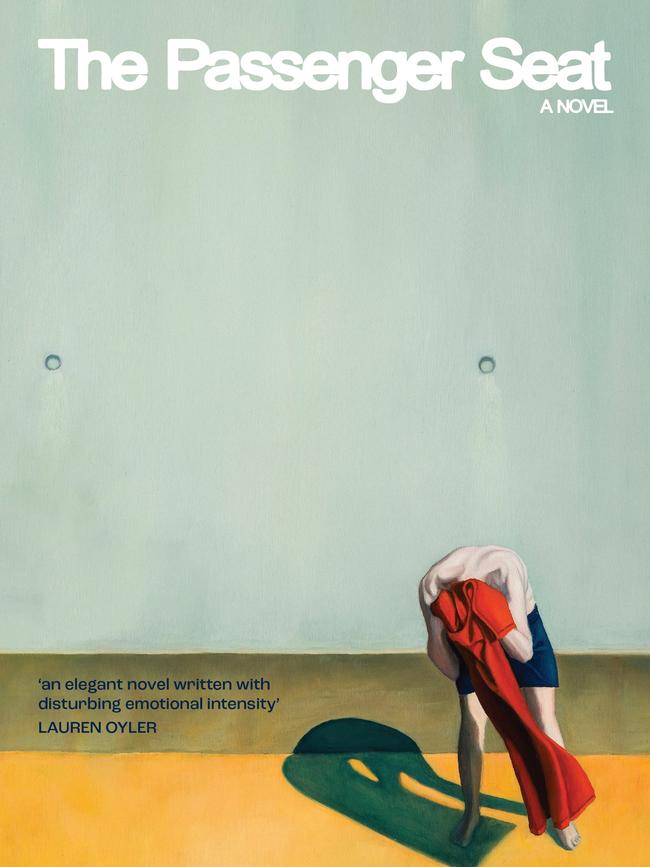
Teddy, younger than Adam, seems the more adjusted of the pair despite his marginally fractured family life – a mother who may be having an affair, a family whose members circle each without touching, only together because “splitting up would require a conversation”.
Adam’s lot is more fraught. His father is a deadbeat, a drunk, who delivers pizzas to make ends meet. The boy/man Adam hasn’t seen his mother in six years. Teddy ruminates on Adam’s living arrangements: “The lack of a woman makes the house seem more democratic.”
It is the restless Adam – significantly more base, aggressive and “damaged” – who convinces Teddy to hit the road with him, to head north, maybe to the coast “as far as anyone can go”, to “be the man to make a life at life’s edge”.
This is an age-old trope, getting on the road and hurtling towards an unknown future and just as significantly leaving a dead-end life behind.
Each of the boys/men throw themselves into their new world without thinking. They’re unprepared. Adam craves a fresh start but can’t escape the detritus of his past. Also, Khurana writes: “Adam has been gaming so much he sees the screen when he closes his eyes.”
Teddy reveals a taste for guns.
“We have to stop,” Teddy says, “because I’m going to buy us a rifle.”
Soon after, our rebels without causes come across a young couple happily picnicking by the roadside, and in a violent and unnecessary flash, Teddy and Adam’s world, and this slender but thus far expertly controlled novel, are turned on their heads – but it is agreeable Teddy, not the brute Adam, who is nurturing the bigger furnace of self-hate.
Both are suddenly fugitives and from this point Khurana unfurls a gripping drama, a game of cat and mouse in Deliverance-style primordial forests and dirt backroads where fragments of civilisation, and other humans, are glimpsed through the trees.
Khurana’s prose is hewn to bare bone, of the less-is-more school, and while it can reach scintillating heights it can also promote air pockets that fail to explain some character motivations and their lack of consequential thinking (which is perhaps the author’s point).
Still, I’m not sure how a largely respectable and promisingly intelligent schoolboy like Teddy could suddenly switch to ruthless double murderer.
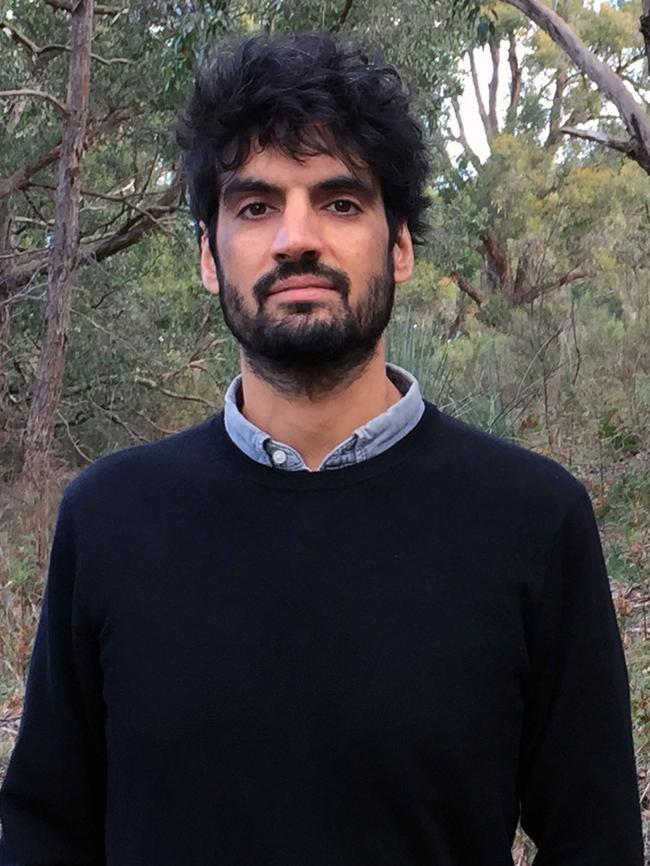
Curiously, too, the newly-minted killer does not even perfunctorily engage in a scintilla of self-analysis over his horrifying behaviour. No remorse. No guilt. No pity. No regret.
Just a shoulder-shrugging certainty that he has thrown his life away. Game over.
Maybe Khurana’s hypothesis is that all of this – the transformation of boy-man to monster – is either inexplicable or, in this modern age, so fully explicable to us, awash as we are with violent content across countless platforms.
The literary he-man, Ernest Hemingway, pioneered the art of less-is-more. He described his work as an iceberg, the tip visible but the bulk of the ‘berg lurking below the waterline.
The iceberg thesis is a difficult tightrope walk. Lean too far back into the less and that’s precisely what you get.
Khurana’s novel is taut and accomplished. There are observational skills and poetics to burn here.
A reader, though, might feel they’d spent a little too much time in the passenger’s seat, and not enough at one with the driver, gripping the wheel, alert to everything through the windshield, in control but aware that fate or circumstance could change a life in a nanosecond.
Without wanting to enter a debate into the power of the novel, say, compared to that of contemporary television, Adolescence, dealing with similar themes, keeping open portals for the viewer to seamlessly (and painfully) insert their own lives and experiences into the drama courtesy of a delicate balance of narrative elucidation, left you feeling not like a driver, not even a passenger, but a pedestrian hit by a road train.
Matthew Condon is an award-winning writer of books and journalism.
About the author
Vijay Khurana is a writer and translator. His debut novel, The Passenger Seat, was short-listed for the 2022 Fitzcarraldo Editions/New Directions/Giramondo Novel Prize for an unpublished work, while his short fiction has been recognised by numerous prizes. He has been a presenter on Triple J, and in 2014 published a children’s chapter book, Regal Beagle.


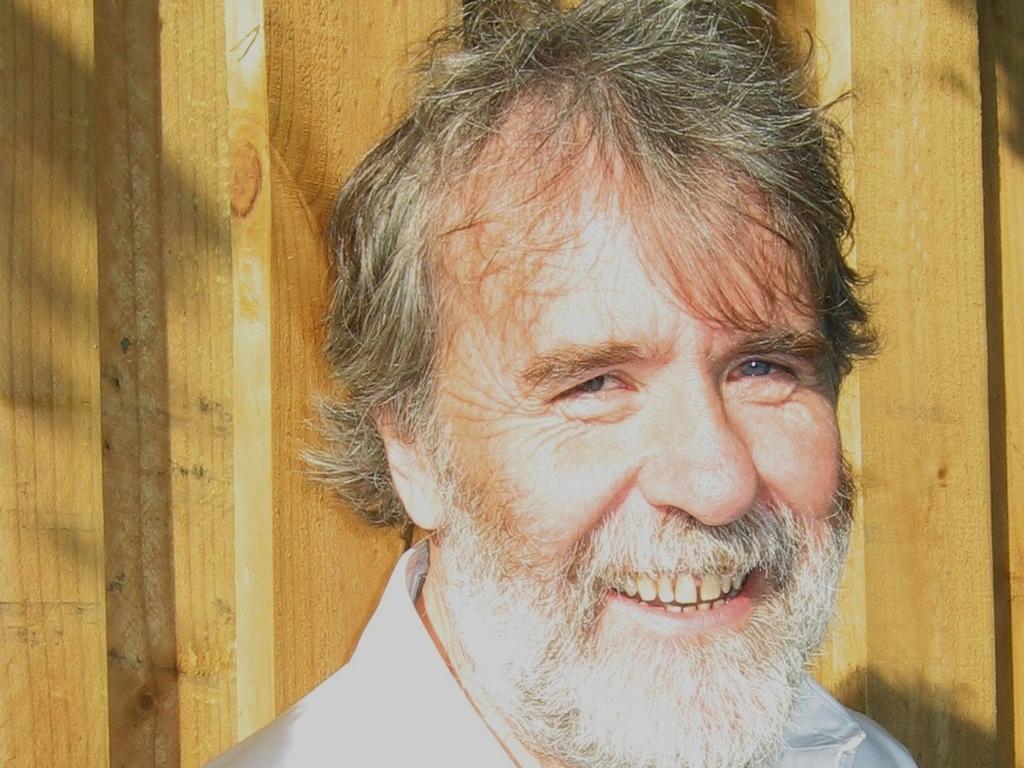

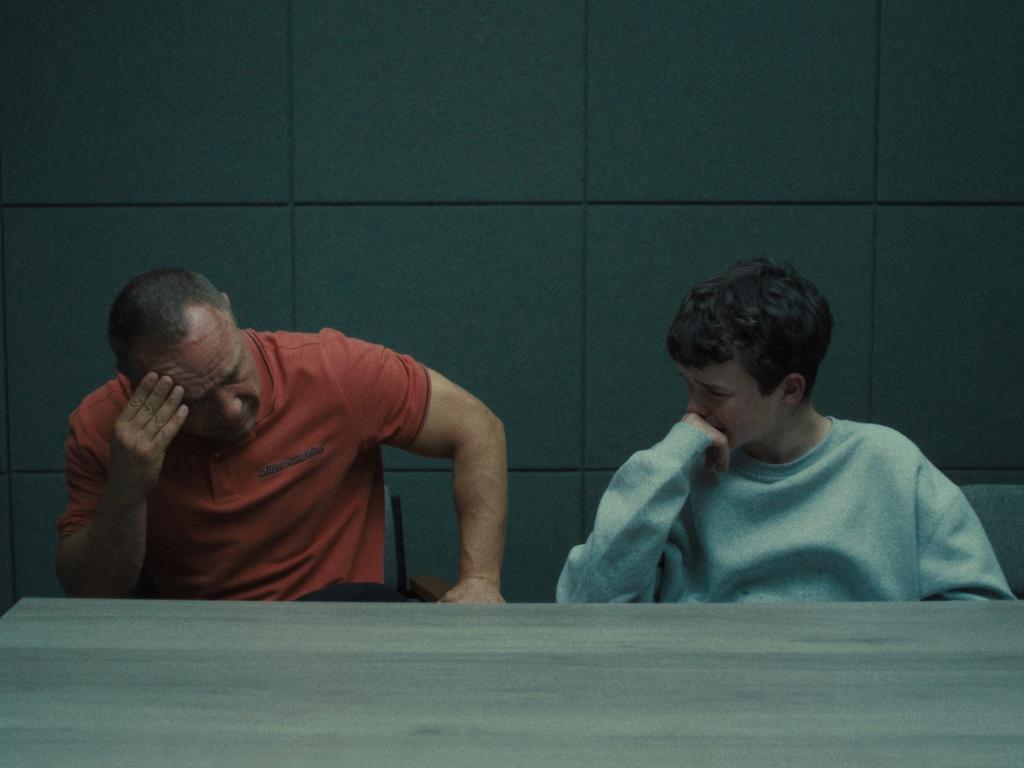


To join the conversation, please log in. Don't have an account? Register
Join the conversation, you are commenting as Logout